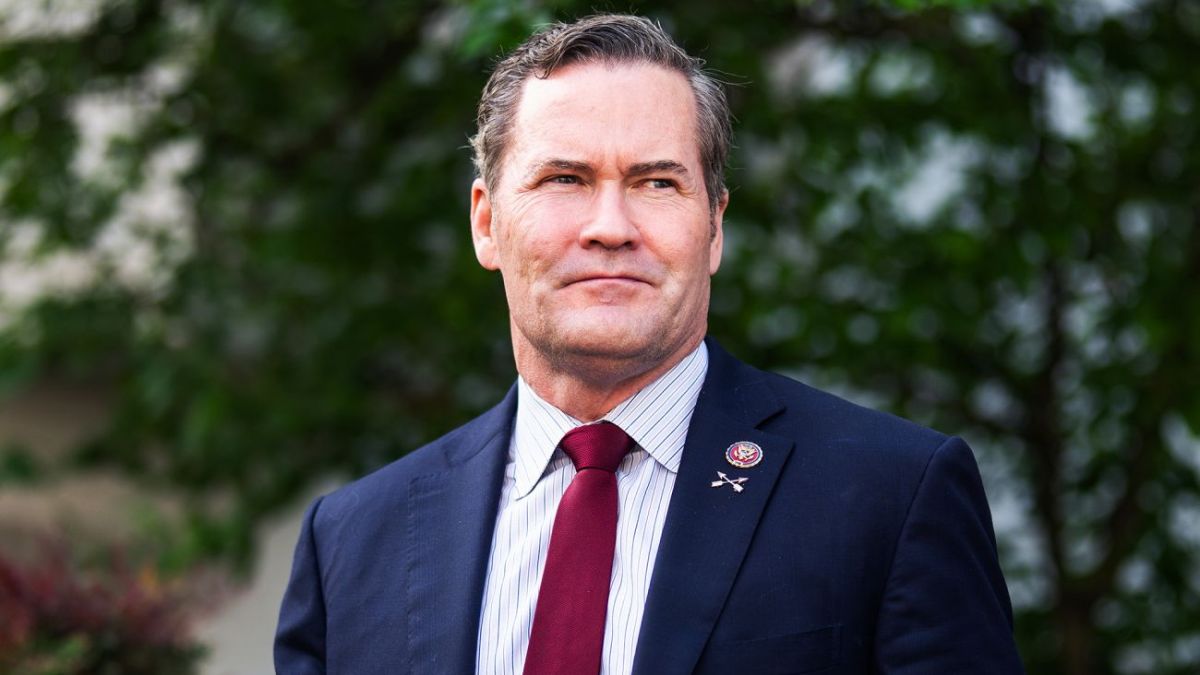A new measure would nix race-based objectives and policies from being implemented within state agencies and medical institutions that provide higher education.
Naples Republican Rep. Lauren Melo has filed a bill (HB 731) that would impose limitations and restrictions on diversity, equity and inclusion (DEI) initiatives within state agencies, medical institutions and health care providers.
The bill aims to eliminate DEI offices and officers in state agencies, prevent race-based policies in examining or licensing boards, and ensure that state grants and contract recipients are not mandating DEI training in health care and medical education sectors.
State agencies applying for federal health care related grants for the purpose of DEI would be required to publish on their respective websites all materials, requirements and instructions related to the federal grant applications that are in the agency’s possession.
They would further be required to submit a copy of the federal grant proposal to all members of the Health Policy Committee in the Senate and the Health and Human Services Committee in the House.
The bill defines DEI as “any effort to manipulate or otherwise influence the composition of employees with reference to race, sex, color, or ethnicity, other than ensuring colorblind and race-neutral hiring in accordance with state and federal antidiscrimination laws.”
This includes any effort to promote differential treatment or provide special benefits to an individual based solely on their race, color or ethnicity. The bill further states that policies, training or activities based on race, color, ethnicity, gender identity or sexual orientation need written approval from the Attorney General to comply with laws or court orders.
The bill notes that the term “DEI” does not include equal opportunity or equal employment opportunity materials designated to inform a person about the prohibition on discrimination based on protected status under state and federal law.
State agencies would be prohibited from promoting views on unconscious bias, cultural appropriation, transgender ideology and similar topics as their official stance. Furthermore, state agencies would be restricted from spending appropriated funds or funds from any other source to establish, sustain, support or staff a DEI office or contract, employ, engage or hire a person to serve as a DEI officer.
Any person would be able report violations to the Attorney General, who could file suit for a court order to compel the state agency to comply.
Examining or licensing boards would be restricted from implementing race-based policies or making decisions based on personal characteristics. Individuals cannot be excluded from these boards based on race, color, ethnicity, gender or sex. The bill would allow individuals to take private legal action against boards or individuals for violations.
However, if the action was performed at the behest of the board or superior officer, employee or agent, the cause of action may only be brought against the person or persons responsible.
Health care providers and medical institutions within the Florida College System, state universities or trade schools that offer health care-related degrees, doctorates and certification programs would be required to certify to their governing boards annually beginning Dec. 31, 2025, that they do not require employees, contractors, vendors or agents to ascribe to, study or be instructed by DEI materials using state funds.
The Florida Board of Medical Examiners would be required to publish annually a list of all health care providers and medical institutions of higher education that have provided the required certification. Medical institutions would further be required to use standardized methods for admissions which would be based on knowledge and critical thinking skills for science and medical training admissions.
If passed, the bill would come into effect July 1.
Post Views: 0

 Entertainment8 years ago
Entertainment8 years ago
 Entertainment8 years ago
Entertainment8 years ago
 Politics8 years ago
Politics8 years ago
 Tech8 years ago
Tech8 years ago
 Tech8 years ago
Tech8 years ago
 Tech8 years ago
Tech8 years ago
 Politics8 years ago
Politics8 years ago
 Tech8 years ago
Tech8 years ago








